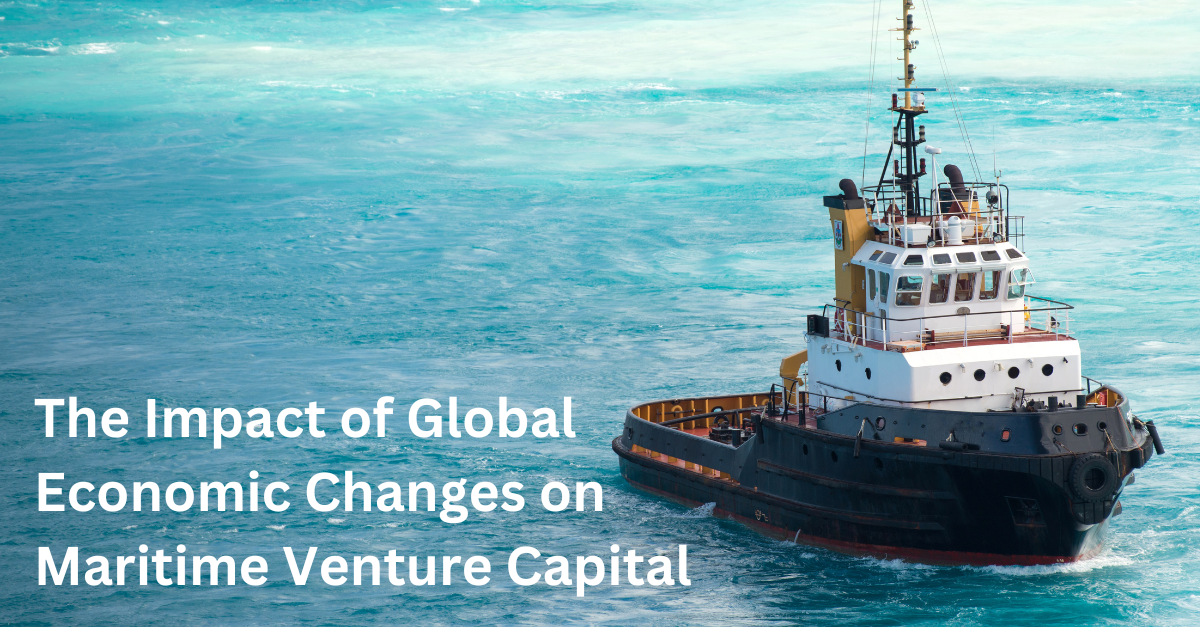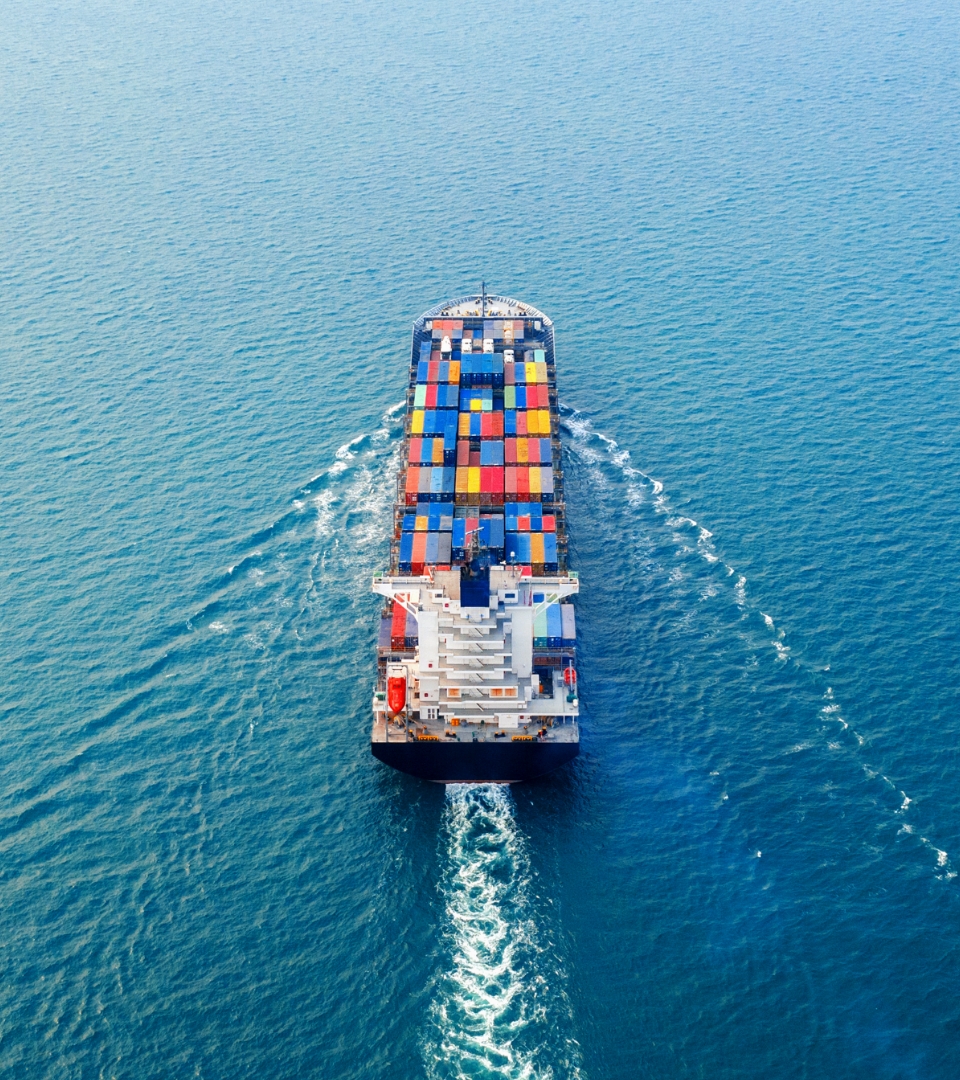While you might be saving on a huge deal this Black Friday weekend, let’s take a moment to consider the environmental impact caused by this annual shopping event.
Rise in Emissions
According to Good Energy UK, an estimated 1.2 million tons of Co2 was released during the Black Friday weekend due to the transportation of goods around Europe. That amount is 94% higher than the average week.
Moreover, it’s not just the increase in deliveries that is contributing to this rise in emissions, but also the whole life cycle of the product. Each stage of the product lifecycle including manufacturing, packaging, shipping, waste, and end-of-use, should be considered when it comes to tracking the carbon footprint of each product. To put things into perspective, a simple 100% polyester T-shirt has a carbon footprint equivalent to 20.56kg CO2e – that’s almost like driving 140km!
Excessive Packaging
The influx of Black Friday purchases results in an overwhelming amount of packaging waste. From cardboard boxes to plastic wraps, the materials used to package and ship products contribute to land and marine pollution. In fact, a survey found that US online purchases increased by 13% during the Black Friday weekend in 2022. This increased consumerism leads to a significant surge in plastic waste from unnecessary purchases. Moreover, improper disposal of these materials further compounds the issue, as they may end up in landfills or oceans, posing threats to wildlife and ecosystems.
Increase in Waste
Large discounts and cheap products tend to drive consumers to purchase things they don’t need or drive them to click ‘cart out’ hastily. In fact, a survey reported a 143% surge in product return in the day following the Black Friday weekend. In addition, Green Alliance reported that up to 80% of items bought on Black Friday, including the packaging they arrive in, are thrown away after a few uses or not even being used at all.
Sustainable Ways to Shop This Black Friday
However, we understand that a good deal is sometimes too hard to miss. Amidst the excitement of discounts, you can still approach this shopping event with a mindful perspective. Here are our top 3 tips on how you can shop more sustainably this Black Friday weekend:
Make A List
Black Friday can be overwhelming with countless tempting offers and discounts. To avoid succumbing to impulse buying and contributing to unnecessary waste, start by making a list of items you genuinely need.
Shop Local
Instead of contributing to the carbon footprint through online shopping and international shipping, explore the businesses within your community. Local shops often carry unique and handcrafted items; and by choosing to buy from them, you are investing in the local economy.
Opt for Sustainable Brands
Many companies now prioritise environmentally conscious manufacturing processes, use sustainable materials, and actively work towards reducing their carbon footprint. Look for certifications such as Fair Trade, Organic, or B Corp, which indicate a commitment to ethical and sustainable business practices.
Host a Swap Party
Instead of spending your time scrolling and clicking, host a swap party where you get to exchange items instead. Not only will it be a fun reason for a get-together, you will also be giving a new lease of life to items that you no longer need. The best part – you get to spread the word on mindful consumption and help to reduce waste!

From environmental sustainability to multi-functionality, we take a look at the different aspects of modern ship design that will influence investor decisions. […]

From environmental sustainability to multi-functionality, we take a look at the different aspects of modern ship design that will influence investor decisions. […]

It is with deep sadness that Transport Capital announces the passing of our dear colleague and friend, Oliver Faak. […]

As the world grapples with economic shifts, the maritime venture capital landscape is also undergoing transformations. As understanding and adapting to these changes are imperative for capitalising on emerging opportunities, let’s delve into three key talking points that underscore the profound impact of global economic changes on maritime venture capital. Trade Dynamics and Maritime Investments […]




